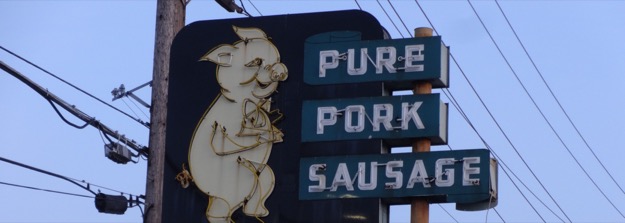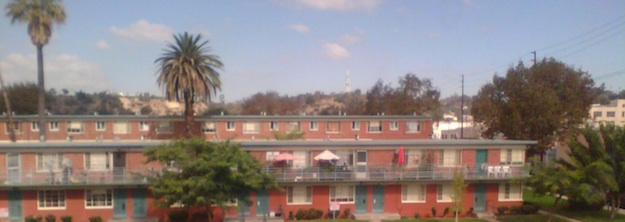Governor Brown urged not to lower California's broadband speed standard
![Mark Miller [CC BY-SA 3.0 (https://creativecommons.org/licenses/by-sa/3.0)], via Wikimedia Commons](https://www.tellusventure.com/images/2017/10/jerry_brown_rally.jpg)
Governor Jerry Brown has two weeks to decide if California’s broadband speed standard should be slower than it is now, and if the California Advanced Services Fund should be turned into a piggy bank for AT&T, Frontier Communications and the cable industry. That’s what assembly bill 1665 would do, if Brown allows it to become law.
He’s getting plenty of encouragement to sign it, from the California Emerging Technology Fund and, one might safely assume, the platoon of lobbyists that telephone and cable companies maintain in Sacramento and back with generous cash contributions to politicians of both parties.… More



![By 401(K) 2012 [CC BY-SA 2.0 (https://creativecommons.org/licenses/by-sa/2.0)], via Wikimedia Commons](https://www.tellusventure.com/images/2017/5/piggy_bank.jpg)



